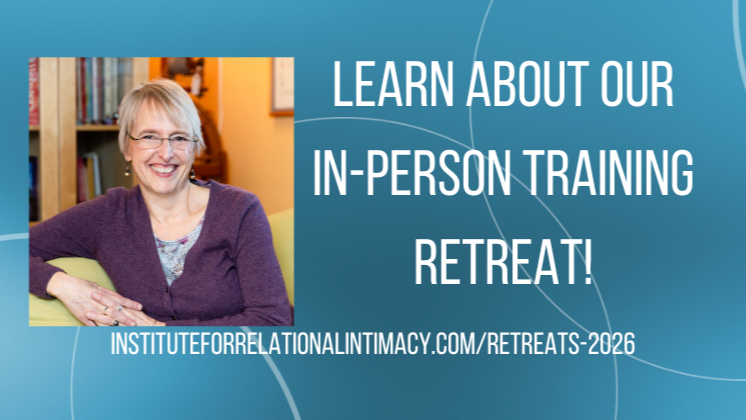The Discovery That Turned My Practice Around
Nov 28, 2017
When I got out of graduate school, I had taken one and only one course in couple therapy. I was lucky to have a very gifted teacher, and I loved the class and learned a lot. But in my internship, I was faced with some extremely challenging couple clients—some of the most challenging clients I have ever had. This trend continued into my residency. I was struggling, and I felt stuck. I realized I needed to learn a lot very quickly if I were to work successfully with couples.
I began a quest for boots-on-the-ground strategies for working with the toughest couples. I needed a way to understand why they were so stuck, and how to help. I researched theories, I tried a broad variety of interventions, and I developed some strategies that helped a lot.
As I learned more, I became convinced that at the root of the matter was differentiation of self, which is the ability to know yourself, tell someone else about your preferences and desires without freaking out, and stay grounded when they return the favor. Nonetheless, I found precious little focus on differentiation of self among couple therapy theory. I took every seminar I could find, and I still couldn’t figure out how to be as effective as I wanted to be. I wasn’t sure the training I needed even existed.
Finally, I stumbled upon a free webinar presented by Ellyn Bader and Peter Pearson of the Couples Institute. It was a revelation. Their Developmental Model of Couple Therapy combines aspects of attachment, differentiation, and neuroscience, and frames stages of couple relationships in a way that normalizes and creates context for the struggles we all experience in relationships. It was the missing piece in my practice that I had been seeking.
I listened to Ellyn and Pete’s talk four times, and took 5 pages of notes. I wanted their exact words, which seemed magical in their ability to shift an entire dynamic. I applied the intervention I learned in their webinar that very same week. I felt the shift right away; I finally felt like I was in control of each session, and had a plan. I have been using these interventions ever since, with every single couple. That was a turning point in my career.
I felt excited about couple therapy again. The Developmental Model meshed exactly with the things I had developed that worked, and also went SO MUCH FURTHER! I was elated! I stopped feeling like I had to re-invent the wheel, breathed a sigh of relief, and began to train in the Developmental Model.
Currently, I’m starting my fourth year of training with Ellyn, and my third year being mentored by Ellyn and Pete. In the mentoring group, I get to spend time in person with these master therapists and ask them for clinical advice whenever I want to; what an honor! And this duo gives away a ton of excellent information. Everything they produce contains another nugget I can use immediately.
Learning about the Developmental Model was the turning point in my therapy practice. Maybe it can make a difference for you, too. If you’re curious about how it works, check out this interview Ellyn gave at the Gottman Institute. It’s a great overview of the philosophy that underlies the Developmental Model.
I’ve written about differentiation of self on this blog before. You can learn more about differentiation in the context of sex with my post When Sex Doesn’t Go As Planned, or read about how our cultural ideal of a perfect relationship inhibits differentiation of self in my post Better Than Better Half.






